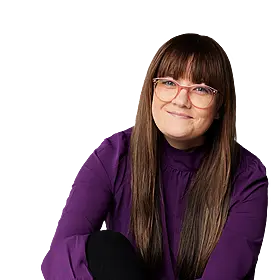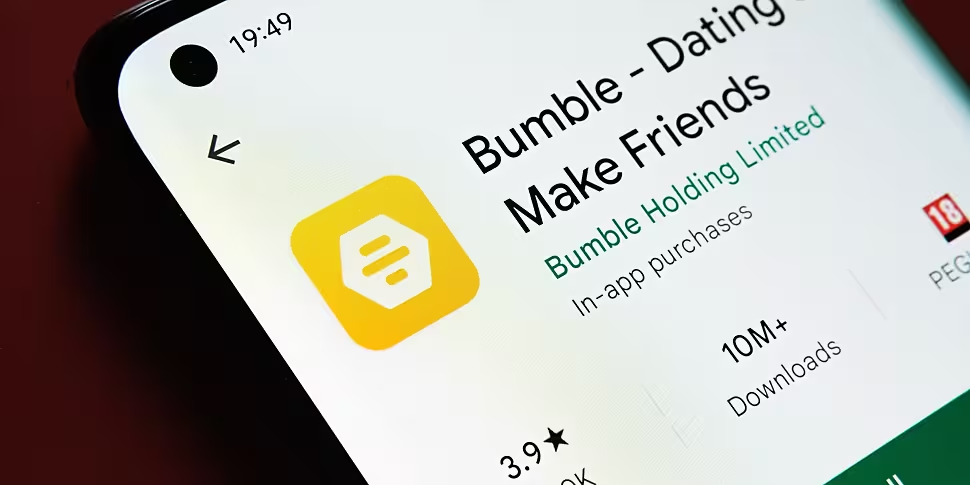The business of finding a soulmate is booming – with people now willing to pay “large premiums” to use online dating apps.
Tinder is the most popular app of choice for singletons, with 530 million users worldwide.
Men are also the most popular customers making up 61% of the total global userbase.
On The Pat Kenny Show this morning, Newstalk Business Correspondent Joe Lynam said the industry is “growing exponentially”.
“During lockdown, it grew by 28% for obvious reasons as people couldn’t get out to the pubs for different reasons,” he said.
"Whether it's Bumble, Match.com or Tinder, people are paying large premiums to find a partner, equivalent to the cost of joining a gym."
Dating Difficulties
Despite the rise in popularity of dating apps, Mr Lynam said research points to dating now being more difficult than it ever was.
A survey carried out by the Pew Research Centre found that almost half of people believe dating has become more difficult over the last decade.
Of those who do use a dating app, 45% said the experience left them feeling “a bit more frustrated” than before.
Just 28% found the service made them more hopeful.
Two’s Company dating agency founder Jennifer Haskins said her introduction service is benefiting from people's “bad experiences” on dating apps.
“The way people project themselves on dating sites is mainly false,” she said.
“It drives envy, materialism, and false expectations. There’s a huge focus on looks and a need for instant gratification.
“I find the people who come to me have been disenchanted or disillusioned with dating apps.”
Ms Haskins said 80% of her members have tried the online alternative and ended up switching to her service instead.
“They want real matchmaking; that the person they are meeting really wants a relationship,” she added.
Bumble
The most profitable dating app in the world last year was Bumble, an app where women make the first move by messaging first.
Its founder Whitney Wolfe Herd said it's important for users to feel safe while using dating apps.
“Our mission is to drive healthy and equitable relationships,” she said.
“We originally started by putting women in control of the conversation by sending that first message in an effort to recalibrate these power dynamics in relationships.
“We’ve always been in the quest to really engineer better and kinder behaviour on the internet at large.”









